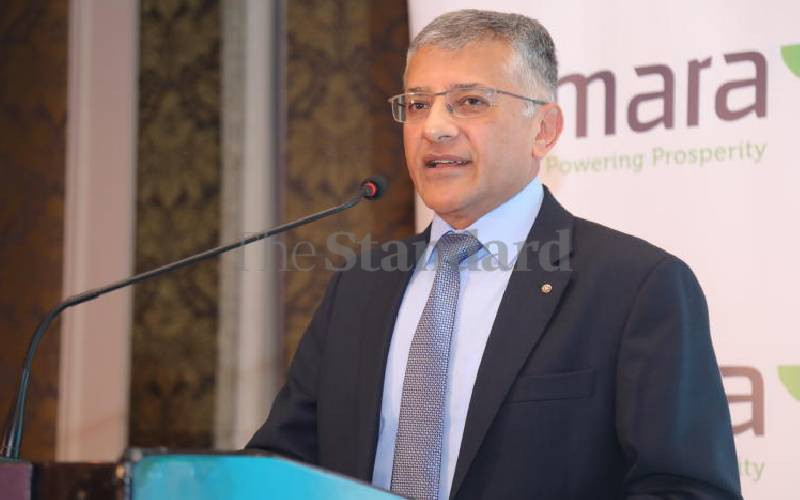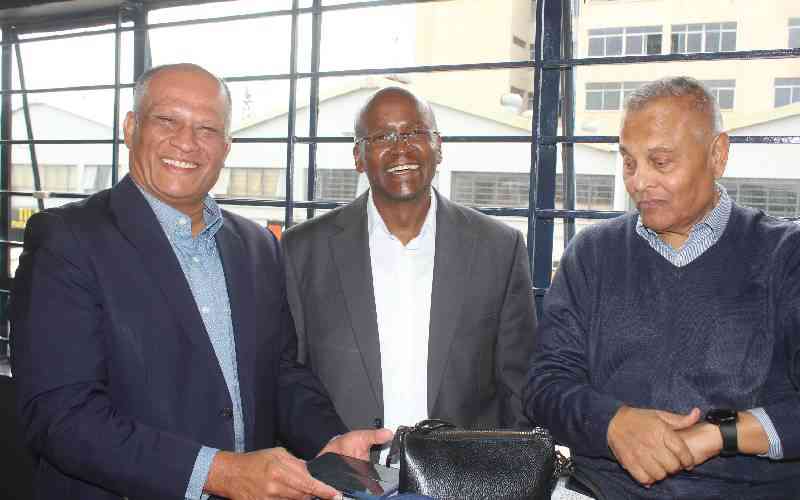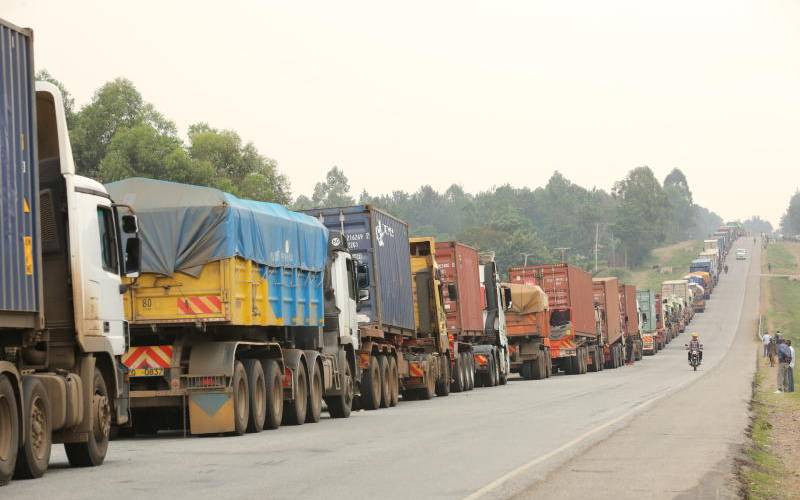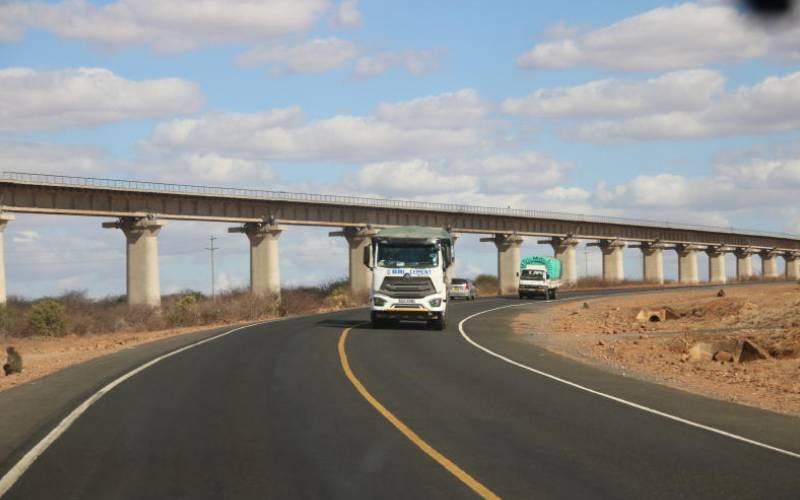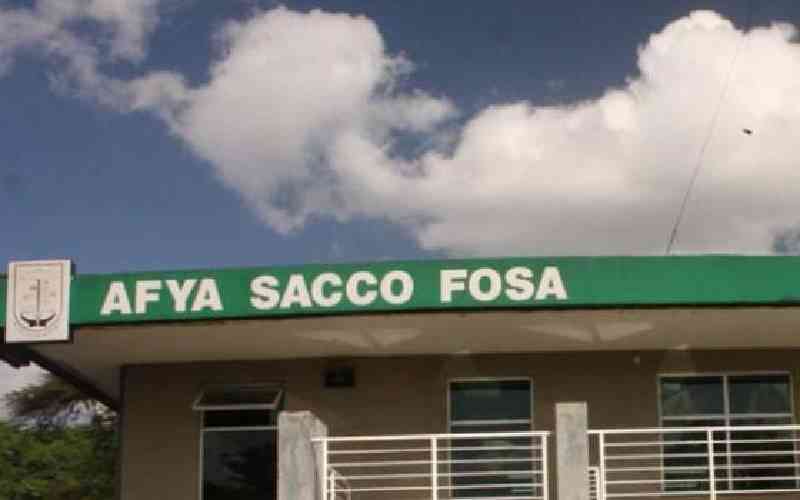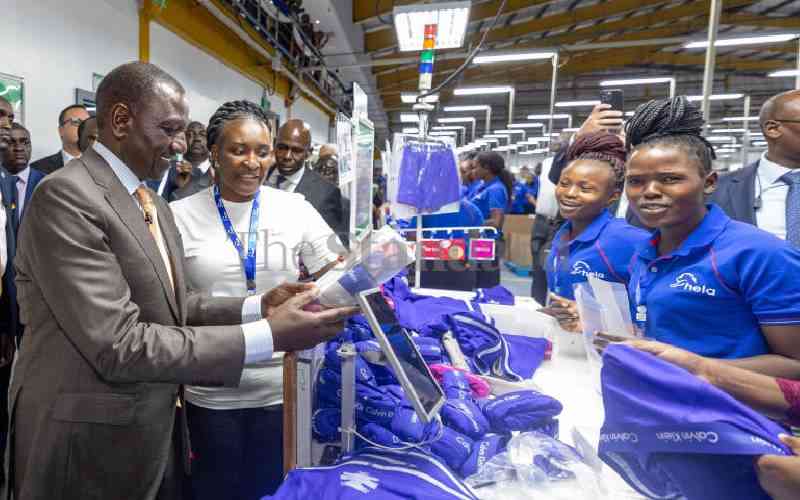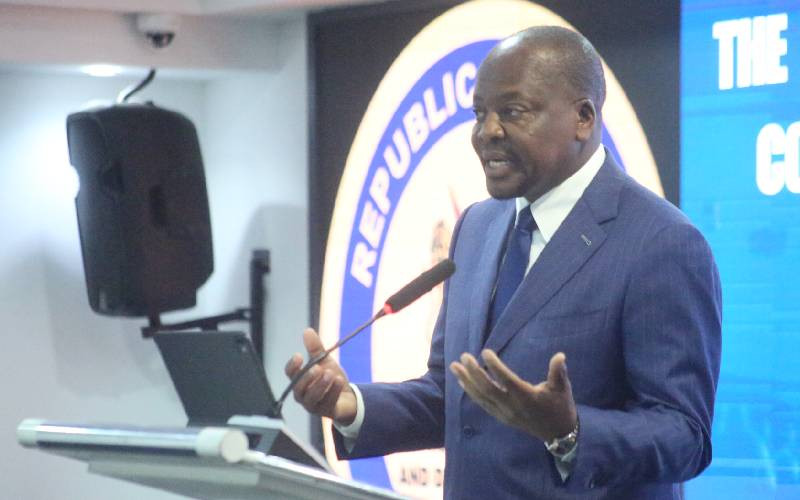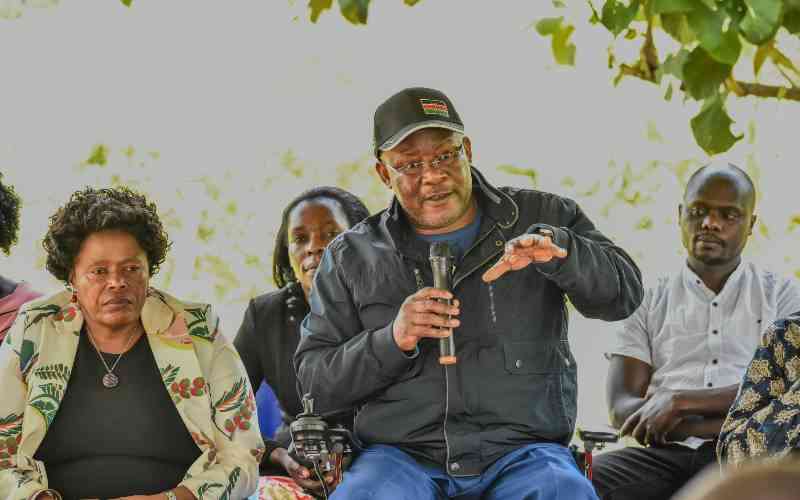
Westlands MP Tim Wanyonyi has pledged to champion inclusive governance and participatory politics if elected as Bungoma’s next governor.
Speaking at Maliki Catholic Church in Tongaren Subcounty during a meeting with Catholic catechists from across the county, Wanyonyi said his vision is for a Bungoma where no resident feels left out of decision-making.
“I like the leadership of participation where you hear people first before making decisions,” he remarked, adding that his administration would be anchored on two pillars: participation and inclusivity. “You will never feel marginalised again if you have been marginalised before.”
He was accompanied by Bungoma Woman Representative Catherine Wambilianga and several Members of the County Assembly.
Wambilianga criticised what she described as a growing culture of insults in local politics, urging leaders to embrace tolerance and respect.
“Politics of insults must stop in Bungoma. People have their democratic rights to talk to everyone and address the people without intimidation,” she said.
Wanyonyi, who is seeking to succeed the current county leadership led by Governor Kenneth Lusaka, said he would ensure that community priorities directly inform county projects and policies, fostering unity and equitable development.
Catechists from Maliki Catholic Church, Bukembe Parish, and Christ the King Parish pledged to support him in his bid, expressing confidence that he would deliver transformative leadership for Bungoma.
The race to succeed Governor Lusaka in 2027 is already attracting seasoned politicians and newcomers, with shifting alliances shaping the political terrain.
Tim Wanyonyi, a three-term MP for Westlands, has repositioned himself for the Bungoma governorship, gaining endorsements from eight of the county’s nine MPs and 58 MCAs.
His campaign is anchored on infrastructure investment, youth empowerment, and the unifying #SiMimiNiSisi slogan.
Didmus Barasa, the outspoken Kimilili MP, is running on a results-driven record, pointing to school construction, road works, and youth programmes.
His strong grassroots networks give him a solid base, but Wanyonyi’s growing coalition poses a serious challenge.
Barasa is currently a UDA MP but has declared to vie on a Ford Kenya ticket.
Former governor Wycliffe Wangamati, remains influential as his 2017–2022 legacy in bursaries, roads, and water projects still resonates and is often referenced in discussions about service delivery.
Stay informed. Subscribe to our newsletter
Zachariah Barasa, a businessman and political outsider running on a DAP-K ticket, focuses his campaign on digital governance, anti-corruption measures, and boosting private investment in agriculture and early childhood education.
Allan Fwamba, a Bungoma based businessman has also shown interest in the race making his political debut anchoring his manifesto on a technocratic approach to jobs, healthcare, water access, and agricultural productivity.
Wanyonyi’s cross-party endorsements are altering the political landscape, bringing together leaders from different affiliations.
The role of National Assembly Speaker Moses Wetang’ula, Wanyonyi’s elder brother and a key regional kingmaker, could be decisive in swaying voters.
Lusaka’s ongoing term and Wangamati’s past tenure loom large, with their records continuing to shape voter perceptions.
A June 2023 poll by Mizani Africa revealed that if the election were held then, Didmus Barasa would lead with 51.1%, followed by Wycliffe Wangamati at 28.9per cent. While more recent polling data specific to the 2027 race is scarce, this earlier snapshot suggests Barasa had significant early momentum.
While Wanyonyi’s entry has energised the contest, Barasa’s grassroots machine, Zachariah Barasa’s reform agenda, and Fwamba’s outsider appeal make this a multifaceted and competitive field.
As campaigns pick up pace, Bungoma voters are likely to weigh leadership style, track record, community footprint, and the promise of inclusive governance in casting their ballots.
